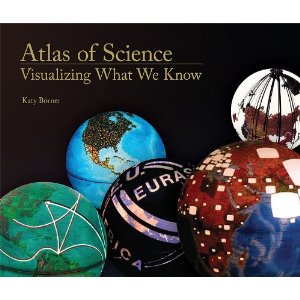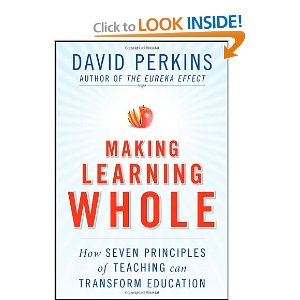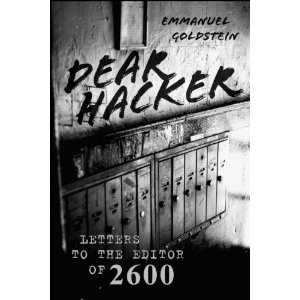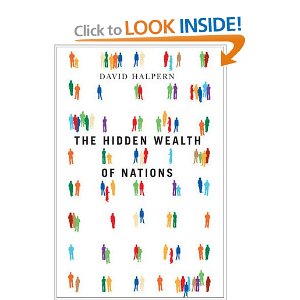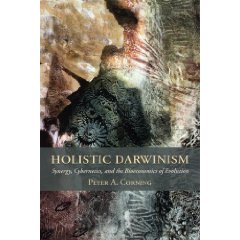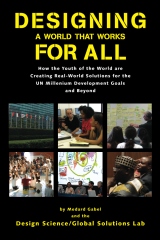
Medard Gabel (Author), Design Science/Global Solutions Lab (Contributor)
![]() Revolutionary–a Milestone in Human Applied Thought
Revolutionary–a Milestone in Human Applied Thought
November 30, 2010
I have looked over the galley that is free online (as are all my books) and consider this to be a milestone in human applied thought. I have bought it here at Amazon, confident this is going to be one of the few books that I do not donate to George Mason University, which took over my entire library when I joined the United Nations in March 2010.
Medard Gabel is modest–the blurbs do not do justice to him or his work or the incredibly talented and imaginative individuals (not just youth, but mid-career professionals) that he attracts to this calling.
I have participated in two of his design labs and recommend them to one an all. Everyone enters with their own issue area (urban planning, energy, whatever) and halfway through they experience the “aha” moment (epiphany for Republicans)–everything is connected and NOTHING can be planned, programmed, budgeted, or executed without integrating everything.
As Russell Ackoff likes to say, what is good for one part of the system might be very bad for all the other parts. Comprehensive architecture and prime design–all threats, all policies, all demographics–are the future.
See Also:
Ideas and Integrities: A Spontaneous Autobiographical Disclosure
Redesigning Society (Stanford Business Books)
Collective Intelligence: Creating a Prosperous World at Peace
INTELLIGENCE for EARTH: Clarity, Diversity, Integrity, & Sustainaabilty

See Also:
Full book (8.9 MB)
Announcement (934 KB)


